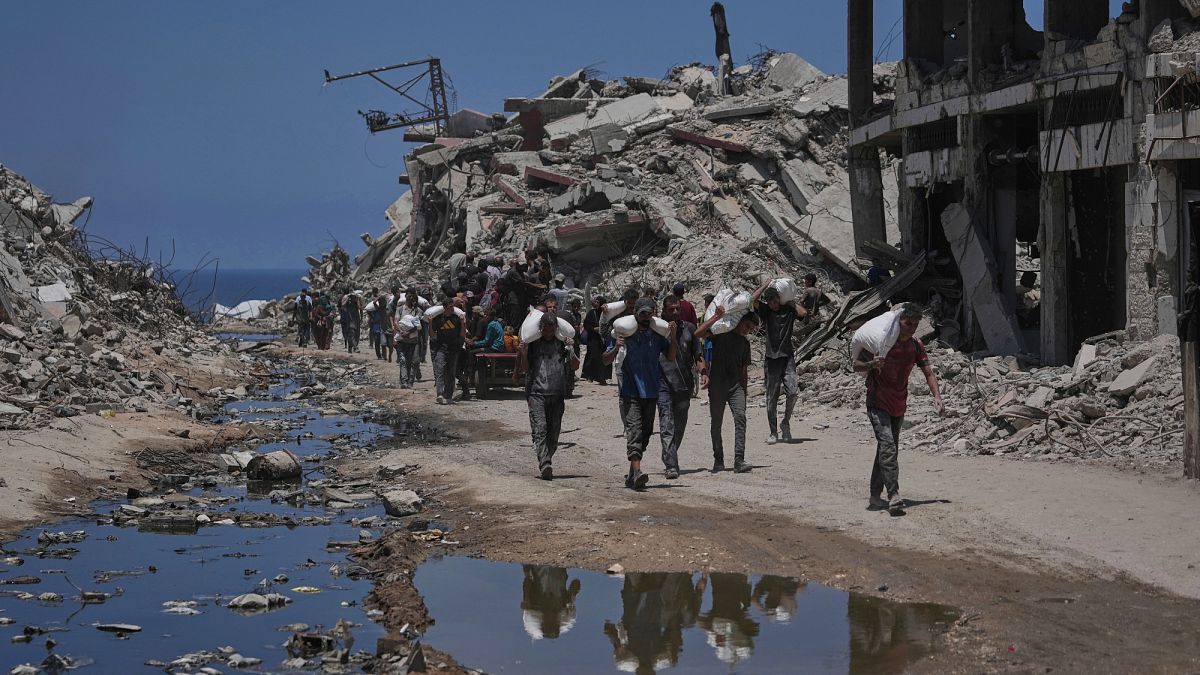

In a world where interconnectedness and shared human experiences are juxtaposed against regional challenges, recent developments in several corners of the globe highlight the need for peaceful solutions and increased understanding.
In the Gaza Strip, the plight of journalists continues to be a pressing concern as reported by the AFP news agency. A small dedicated team comprising one freelance writer, three photographers, and six video freelancers remains in the region amid dwindling resources. The lack of adequate food supplies poses a significant risk, prompting calls for urgent intervention to ensure their safety and sustenance. This situation underscores the essential role of journalists in conflict zones and the need for international support to uphold their safety and ensure unbiased reporting.
Meanwhile, the United Kingdom’s financial aid policies are facing scrutiny following proposed budgetary cuts. The decision to reduce the aid budget to 0.3% of the national income, from the previous 0.5%, is anticipated to have far-reaching effects on vulnerable communities, particularly in African countries. According to the Foreign, Commonwealth & Development Office (FCDO) impact assessment, these cuts threaten to undermine children’s education and exacerbate health risks. This decision highlights the delicate balance between national budget allocations and global responsibilities, sparking discussions on the ethical implications of such policy changes.
In Latin America, Venezuela has initiated an investigation into the alleged mistreatment of its citizens in El Salvador’s Cecot prison. This development follows reports of abuse suffered by over 250 Venezuelan detainees returned from El Salvador under a U.S.-brokered prisoner exchange agreement. The Venezuelan attorney general, Tarek Saab, announced a formal inquiry focusing on El Salvador’s President Nayib Bukele and other officials. Such international tensions emphasize the importance of human rights adherence and the responsibilities of nations to protect their citizens, regardless of geopolitical constraints.
In Australia, a parliamentary inquiry into the practices of cults and organized fringe groups has unveiled troubling accounts of abuse and cover-up. Testimonies presented during the inquiry revealed that a Sunday school teacher, convicted of sexually abusing nine children, was shielded by the leader of a fundamentalist church. This leader discouraged parents from reporting to law enforcement, asserting the group’s authority as ‘higher than the law of the land.’ This case serves as a poignant reminder of the duty to protect vulnerable members of society and the crucial role that transparency and accountability play in societal institutions.
These diverse issues, spanning across continents and cultures, reflect shared challenges rooted in human rights, ethical governance, and the quest for justice. The global community is reminded of the profound impact of collective efforts to address such issues, fostering dialogue and solutions grounded in empathy and respect.
Source: {link}
